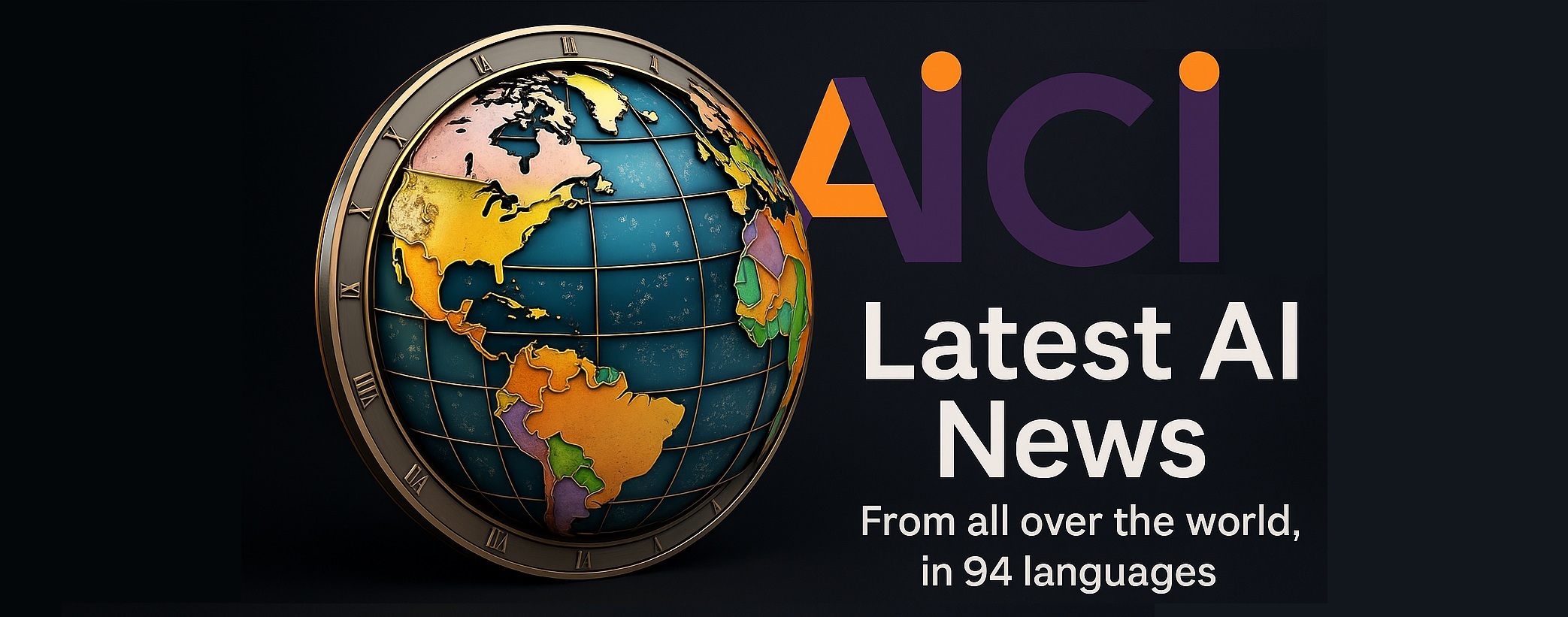August 16, 2025 - Researchers at MIT have successfully used generative artificial intelligence to design new antibiotics that demonstrate effectiveness against drug-resistant bacteria in laboratory mice, marking a significant breakthrough in the fight against antimicrobial resistance. The AI system identified novel molecular structures that traditional drug discovery methods had overlooked, potentially opening new pathways for treating infections that have become increasingly difficult to combat with existing medicines.
The generative AI model was trained on vast databases of molecular structures and their antimicrobial properties, enabling it to propose entirely new compounds with predicted therapeutic effects. Professor Regina Barzilay, who led the research team, explained that 'the AI doesn't just optimise existing drugs—it imagines completely new molecular architectures that human chemists might never consider.' The MIT team reported that three of the AI-designed compounds showed promising results in animal trials, with one demonstrating superior efficacy to conventional treatments.
This advancement comes at a critical juncture in global health, with the World Health Organisation warning that antimicrobial resistance could cause 10 million deaths annually by 2050. The successful application of generative AI to antibiotic discovery represents a paradigm shift from traditional pharmaceutical research, which typically requires decades and billions of pounds to bring new drugs to market. The technology's ability to rapidly explore vast chemical spaces could accelerate the development of treatments for diseases ranging from tuberculosis to hospital-acquired infections.
Our view: The application of generative AI to antibiotic discovery represents one of the most promising developments in AI's contribution to global health challenges. Whilst the leap from successful mouse trials to human treatments remains substantial, the speed and creativity demonstrated by these AI systems could revolutionise pharmaceutical research. The key will be ensuring that regulatory frameworks can adapt to evaluate AI-designed drugs whilst maintaining the rigorous safety standards essential for public health.

beFirstComment